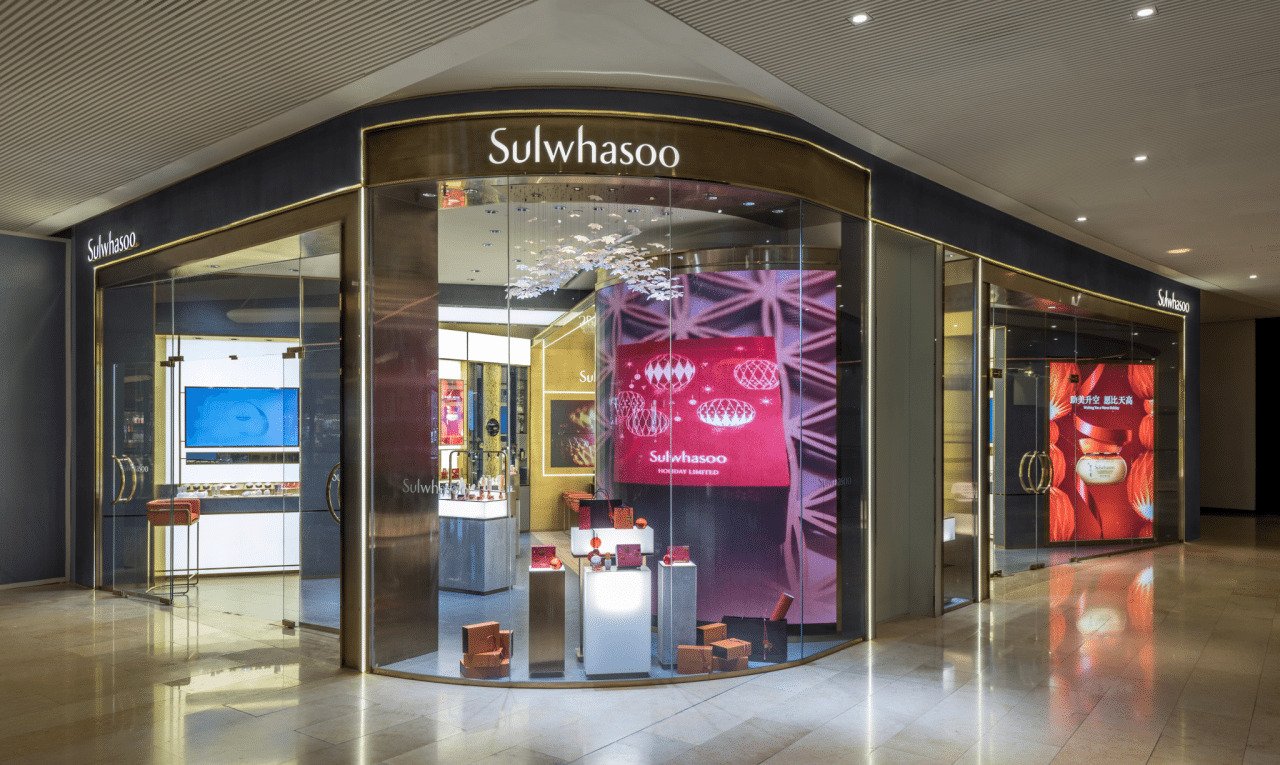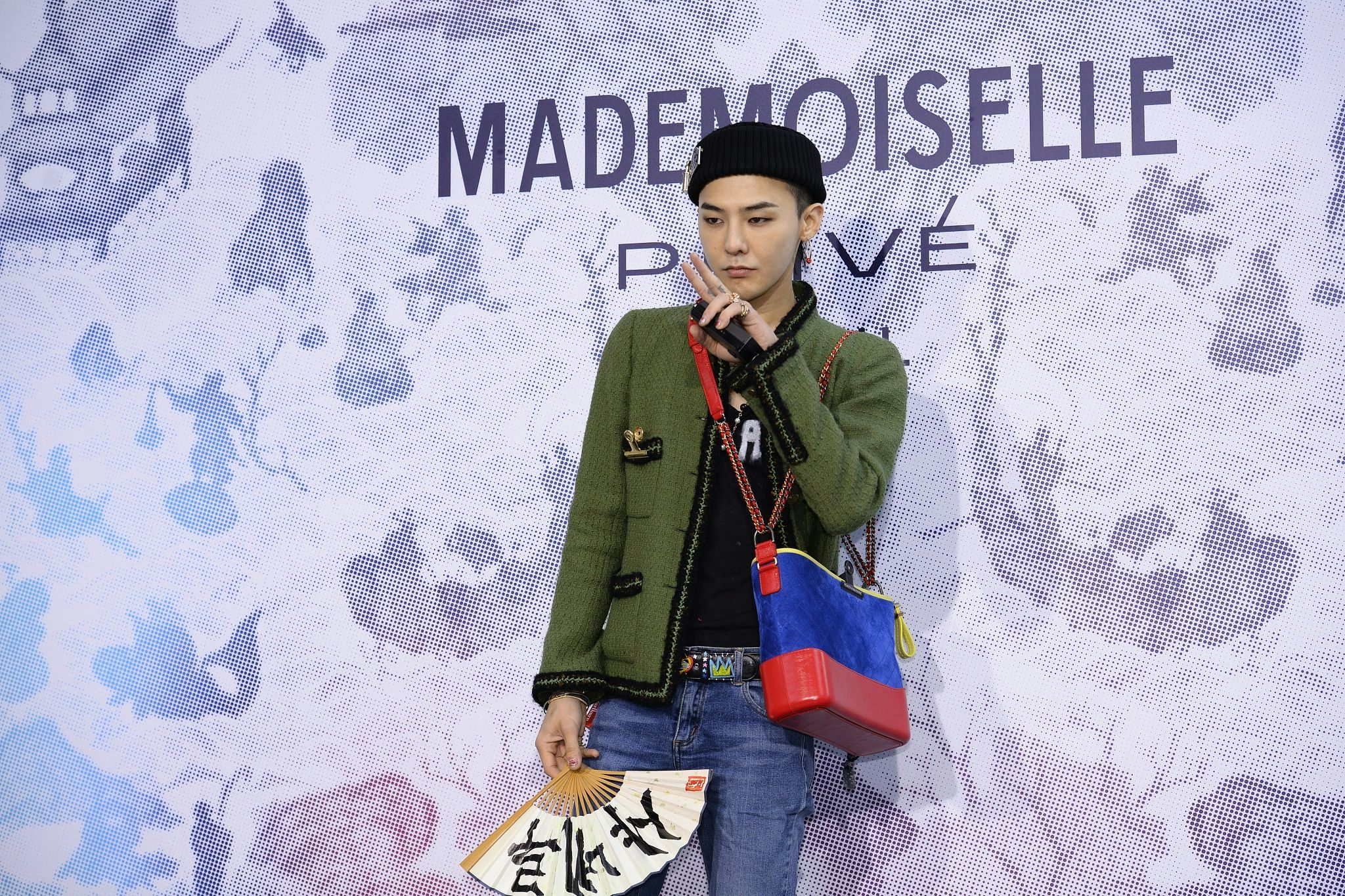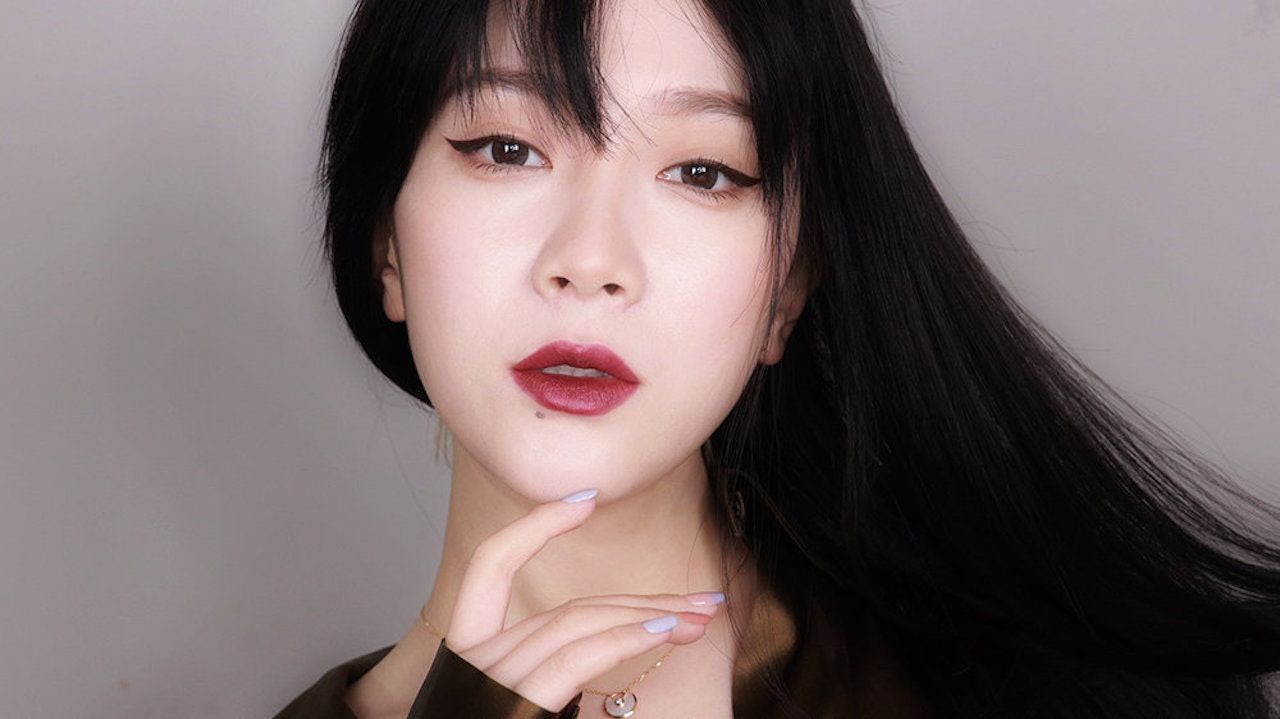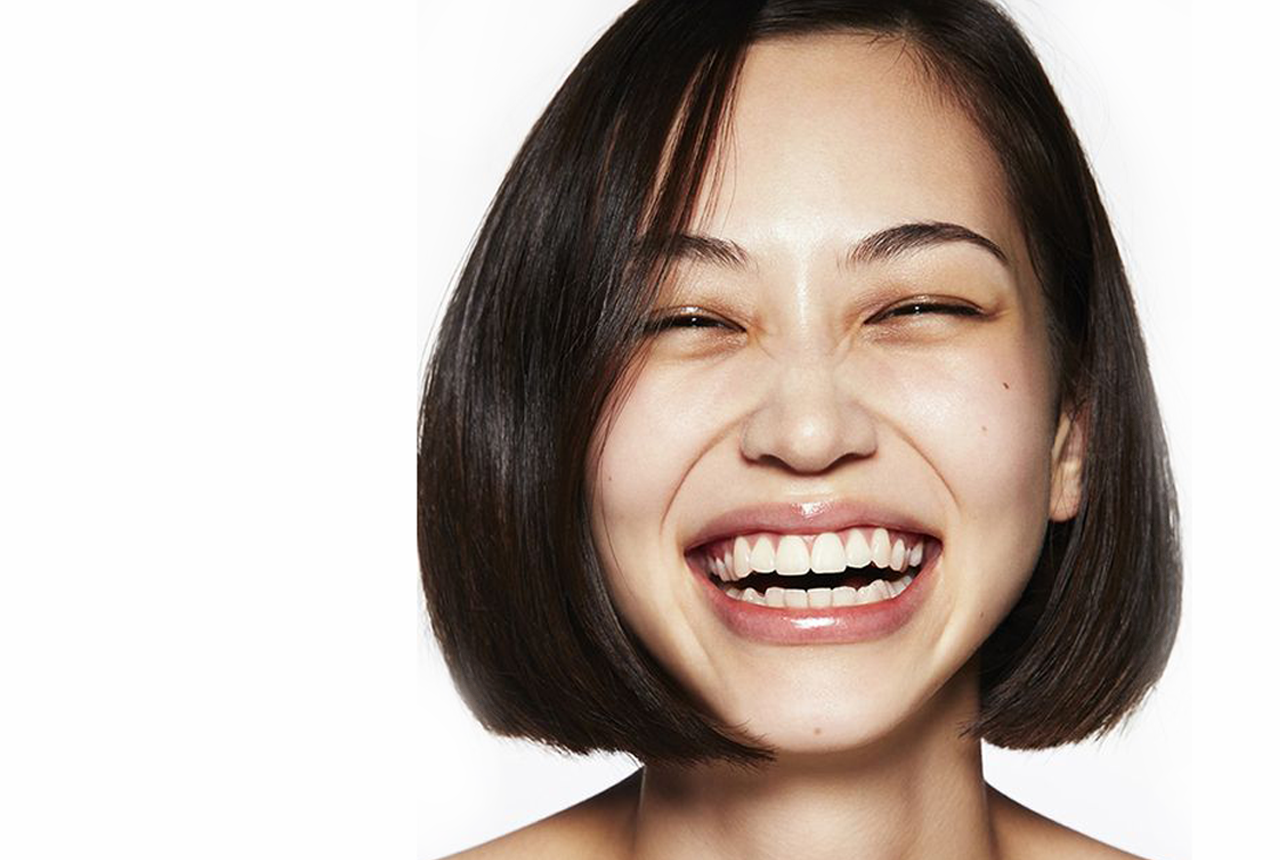The value of Korean beauty brands’ exports to China reached 151 million in January, increasing by 92.9 percent year over year, and accounting for 40 percent of their total exports. One of the major players, Sulwhasoo was first introduced to Mainland China in 2011, opening a counter in the Parkson Department Store in Beijing. By the end of 2017 there were 143 Sulwhasoo stores in 58 cities.
“Sulwhasoo is one of the few high-end Korean beauty brands, said Olivier Verot, founder of Shanghai-based Gentleman Marketing Agency, which specializes in marketing strategies for foreign businesses in China. He attributes its success to “the good communication with customers and the good interaction on Weibo.”
While Korean high-end beauty products have been extremely popular, the current outlook is more ambiguous. Amorepacific, the parent company of Sulwhasoo, saw sales plummet in Q4 2017, decreasing by 76.2 percent year over year. The fall is partly explained by a temporary ban on Chinese tourists visiting South Korea, with their numbers falling 48.3 percent.
In part responding to the risk of relying too heavily on China, Korean luxury brands have been eager to expand in other international markets. Sulwhasoo has opened its first European flagship store in Galeries Lafayette, Paris, and is trying to expand its presence in the United States, focusing on New York and California (“predominately in Southern California and San Francisco,” according to Laura Chen, U.S. marketing manager of Sulwhasoo). The brand opened a flagship store in California last year, and will open another in Bloomingdale's 59th Street store in New York in the next couple of months. It is also adding new counters in California’s Nordstrom.
Christian Lahoude, the founder and creative director of the New York-based Christian Lahoude Studio, helped design Sulwhasoo's new concept store in Guangzhou that references its renewed focus on ginseng. “The innovation of Sulwhasoo stores will be global,” Lahoude said. “The new retail experience will be offered not only in China but also in Europe and the Americas.”
Sulwhasoo's Rise in China#
Sulwhasoo founder Sung-hwan Suh grew up in Kaesong, South Korea, a city known for its ginseng. After establishing his own cosmetics company in the 1960s, he began research into ginseng, which is prized as an anti-aging ingredient in East Asia, and incorporated it into his products. Now, nearly every high-end Korean beauty brand incorporates herbal medicines in their products, which appeal to Chinese consumers steeped in Traditional Chinese Medicine. Thanks in part to the popularity of natural beauty products aimed at enhancing the user's well-being, Suh is the second-richest man in South Korea.
“We hired over 500 researchers who study the health benefits of ginseng," Chen said. "This is a legacy that we have for more than 50 years, and we are constantly learning to apply science and technology to upgrade our skincare products because we want to make sure we get the key benefits from herbal medicine.”
These days, Sulwhasoo uses a plethora of natural ingredients, including peony, Solomon’s seal, lotus, white lily, and Rehmannia Root in its skincare products.
“Sulwhasoo holds the belief that human beings and nature live in harmony,” Chen added. “It embodies the philosophy that while beauty can be treated outside in, it can also be shown and taken care of inside out with the holistic approach.”
The brand's core audience are women aged 28 to 65, but the actual range could be wider. Millennials are beginning to treat themselves “not just from a symptom perspective but also in a holistic way,” Chen said.
According to Marketing Associate Minjung Han, at end-2017, Mainland China accounts for 10.3% of Sulwhasoo’s total sales, followed by Hong Kong (China) with 5.9% and Taiwan with 0.5%. The Greater China area represents a total of 16.7%. In 2018, Sulwhasoo plans to roll out 35 new stores, accelerate store openings in second and third tier cities, and expanding into tier four cities. The brand also plans to open stores in major e-commerce sites, such as VIP.com and JD.com, to expand touchpoints in online retail.
K-Drama Product Placements and KOLs#
Korean luxury beauty brands rarely purchase TV advertisements because they have a secret weapon – product placement in K-dramas. Missing You featured 3CE lipsticks, The Heirs showed Korean skincare brand Mamonde, and Descendants of the Sun helped make Laneige popular in China. Even Yves Saint Laurent has gotten in on the act. In 2014, My Love From the Star helped them triple their lipstick sales in China.
Sulwhasoo, however, has never hired celebrities or KOLs to promote its products. That will soon change, Chen said, as starting this month, Song Hye Kyo will be Sulwhasoo’s global brand ambassador. Song was chosen, inevitably, because of her frequent presence in popular TV series.
“Song Hye Kyo is one of the top actresses in South Korea. She is very confident, and her beauty is natural. She is popular with the majority of the Asian market, and thus we believe she will be a perfect choice to grow the recognition of our brand in the United States as well, especially those who are familiar with K-pop and K-drama,” Chen explained.



